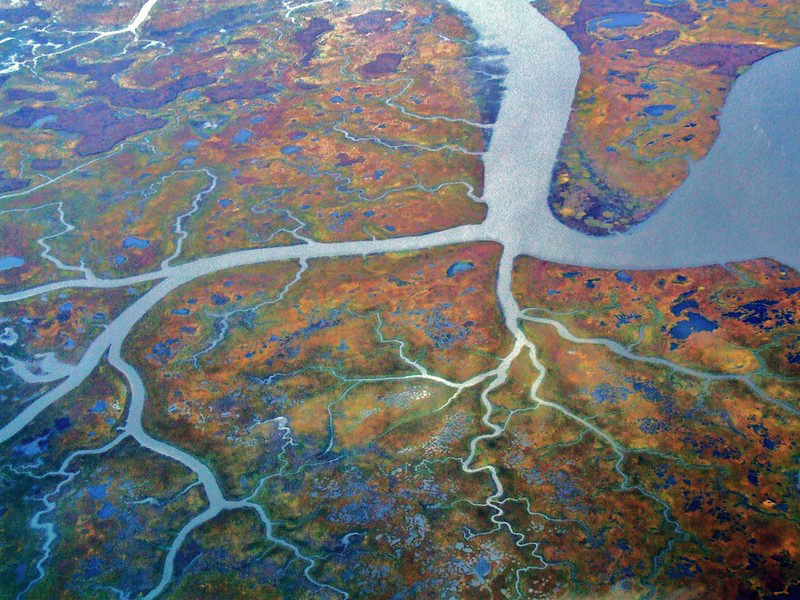
For four days at the end June, the Tomorrow's Cities research community came together for a virtual conference. The purpose was to stimulate cross-city learning and use it as a starting point to build a network of early career researchers focused on reducing disaster risk for the poor in tomorrow's cities. The underlying premise? A recognition that the work and development of early career researchers – Tomorrow’s Leaders – is central to the mission of the Hub.
Our early career researchers are in a unique position to realise the mission of Tomorrow's Cities, through our prominent role in delivering the cutting edge research that has been co-designed over the last year. We benefit from working closely with some of the most esteemed experts in disaster risk reduction and, building on their expertise, bring our own energy, new methodologies and passion. Not only can we challenge the status quo and propose new ways of working, we can implement these ways through novel approaches to data collection, analysis and dissemination. This has the potential of leading to powerful innovations grounded in the expertise and experience of the senior research leaders.
Crucially, we also share a common motivation for the mission of Tomorrow’s Cities. In a River of Life activity during the conference, we were asked to use the metaphor of a river to share our pathway into our current position in the Hub. We used rocks, waterfalls, whirlpools and streams to describe the not always linear pathways of our careers. A brilliant picture of the many rivers streaming into the Hub emerged. Though the starting points and journeys of the rivers were widely varied, one undercurrent cut across all rivers: we want to undertake research that contributes to a better world. We are driven to make sure that the activities that we undertake contribute to achieving the overall Hub mission, through the variety of pathways that that together contribute to the ultimate impact.
However, for Tomorrow's Cities to achieve its mission, we need more than energy, innovation and purpose. Intractable challenges cannot be solved through rigorous disciplinary research within siloed ivory towers. Reducing disaster risk for the poor in tomorrow’s cities will require us to burst out of the boundaries within which we were trained – to undertake research that is both interdisciplinary and co-produced.
To co-produce knowledge that will be put into use, we need to actively engage with the urban communities and in the spaces where decisions are made. Early career researchers can contribute to this by actively building relationships with communities and decision makers while we are conducting our fieldwork. During the conference we each shared the specific challenges that we are working on, and it became clear that co-production of research is embedded in the work of early careers from all disciplinary backgrounds. A great example was shared relating to flood modelling in Quito, which highlighted the importance of co-producing maps together with local community members to make sure they include community's experiences with flooding. And to connect these insights to greater levers of change, these maps should also be co-produced with decision makers to make sure that they are directly useful for the them to base their decisions on.
On top of this, as we also learned during the conference, interdisciplinary research requires us not only to learn new ways of thinking and working, but to unlearn some of our old ways too. It requires personal and collective growth, and the conditions to be put in place that nurture new relationships across boundaries. But all of this takes time, capacity and connections…
So, to set the foundations for impact that reaches beyond the five year funding period of the Hub, we need to build a global network of early career researchers that strengthens our capacities for interdisciplinary and co-produced research. We need a thriving space for relationship building across disciplines and cities, where we can learn from each other and from the senior researchers across the Hub. And to make this happen, we need the energy and passion of our early career community to drive it forward.
The Conference Organising Committee (made up of 10 early career researchers from across the Hub) has already started discussing with the Edinburgh-based Operations Team on how to make this happen – so stay tuned for an invite to engage with building the Tomorrow’s Leaders Network!
Photo credit: Travis S